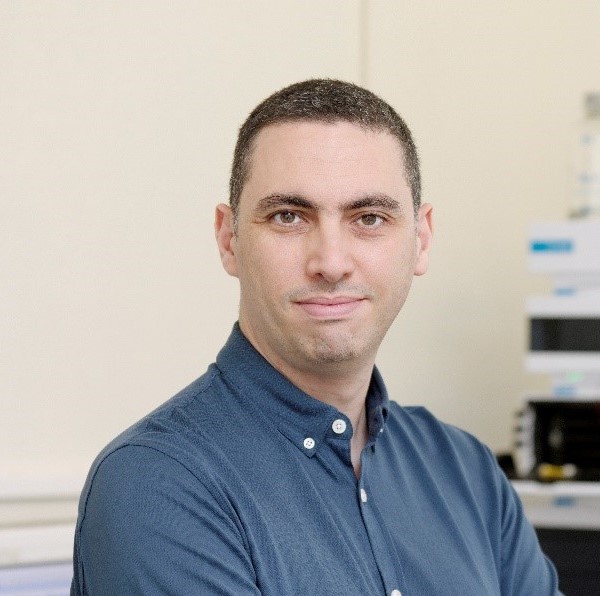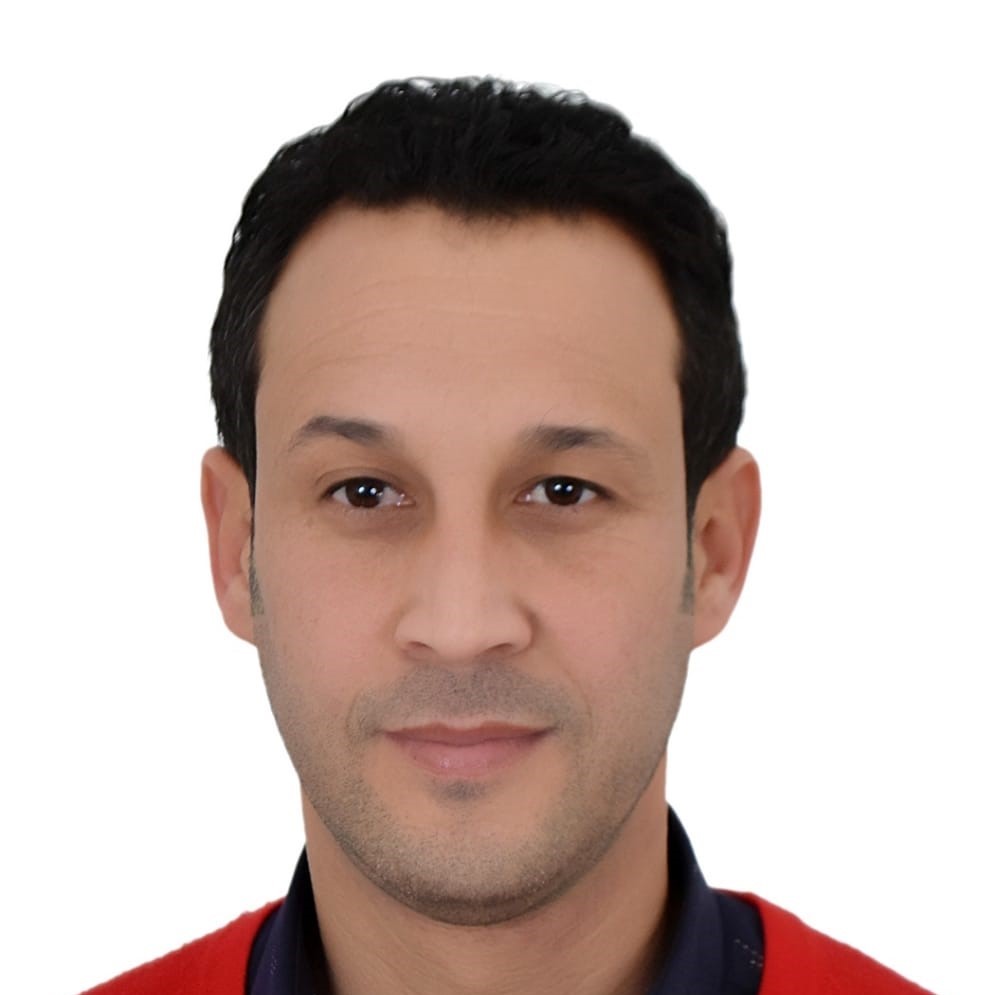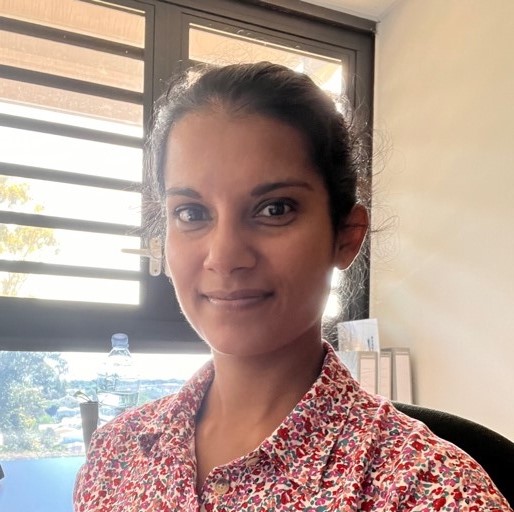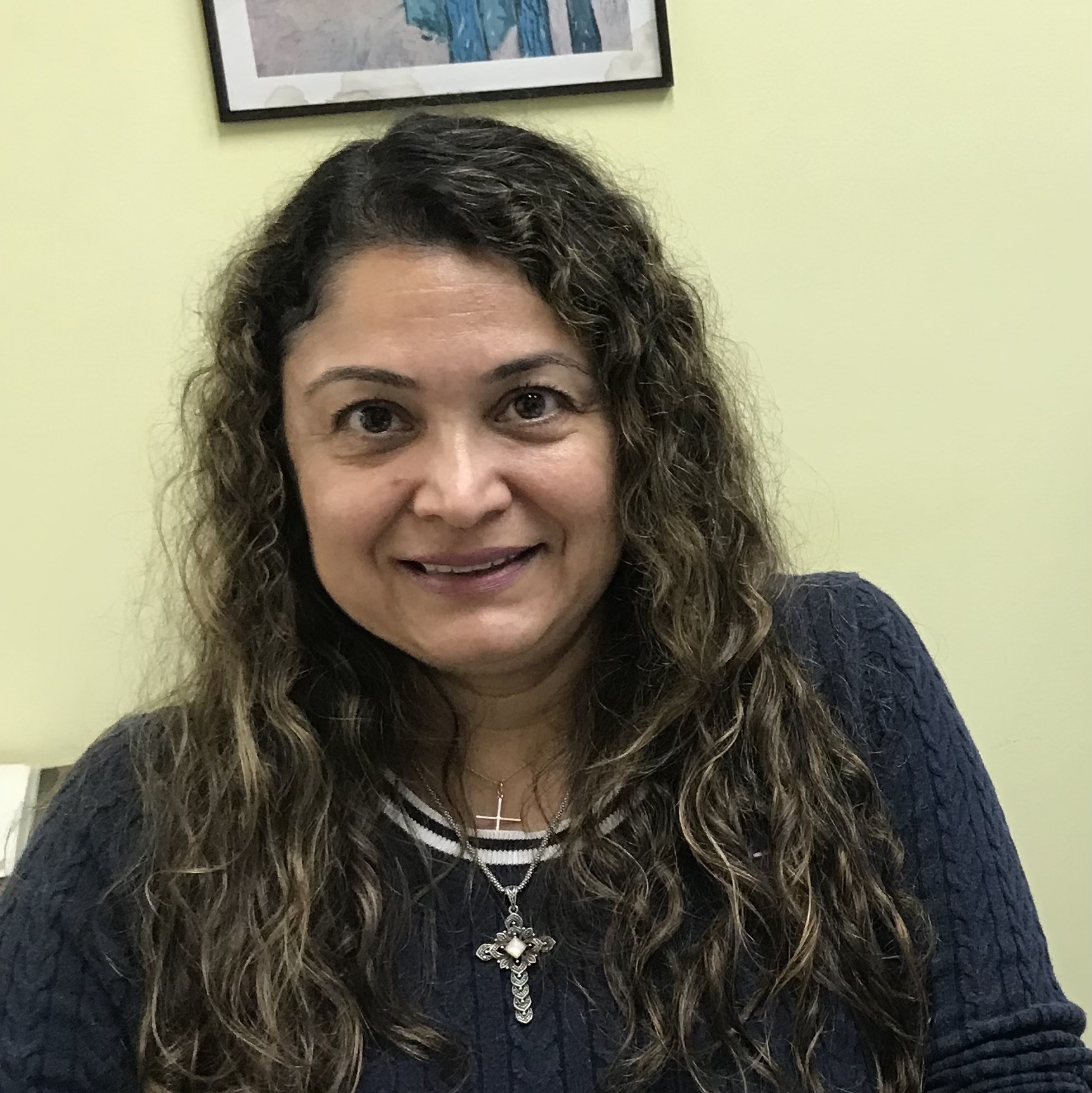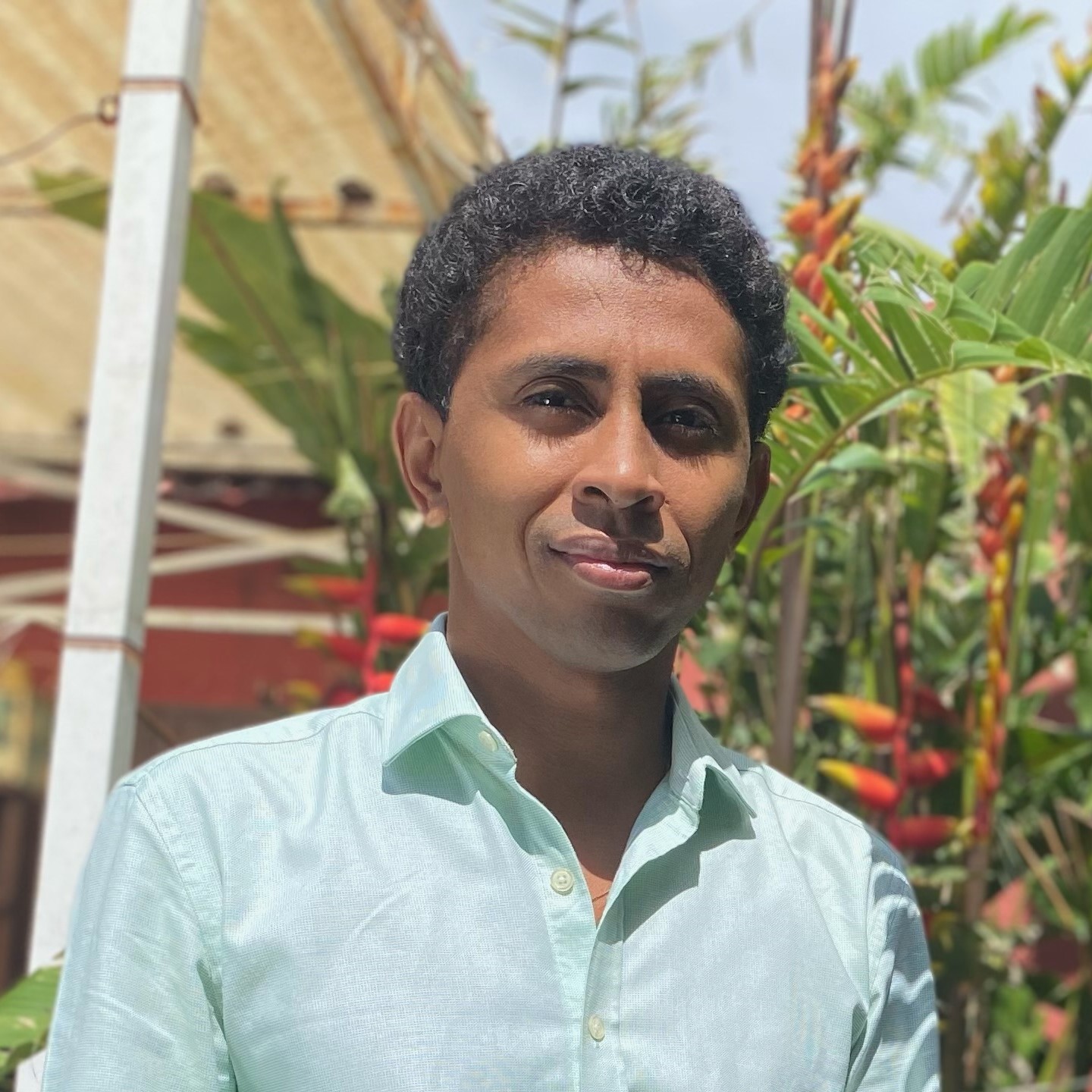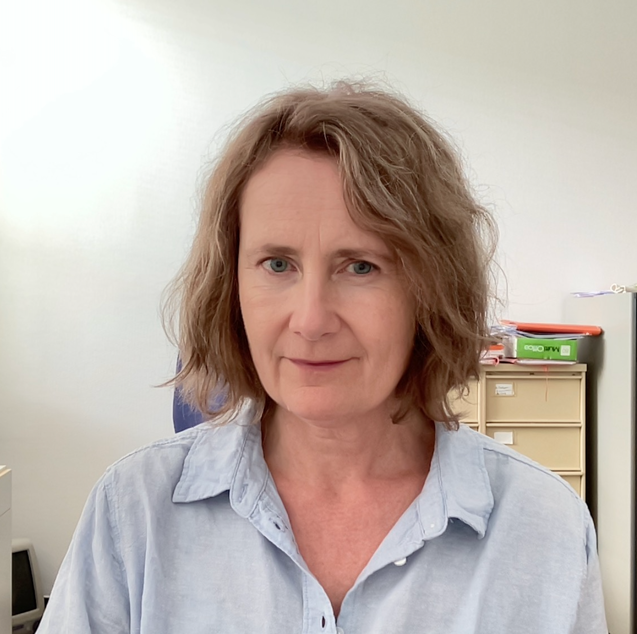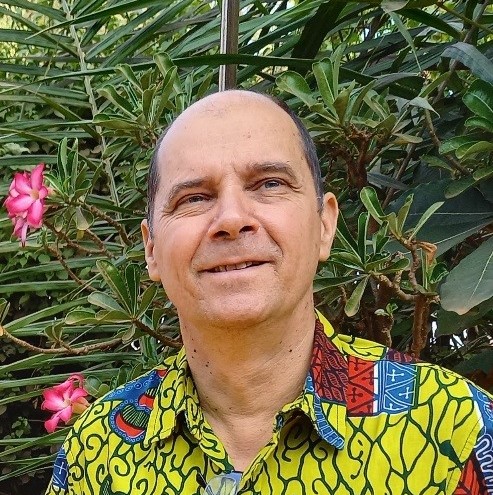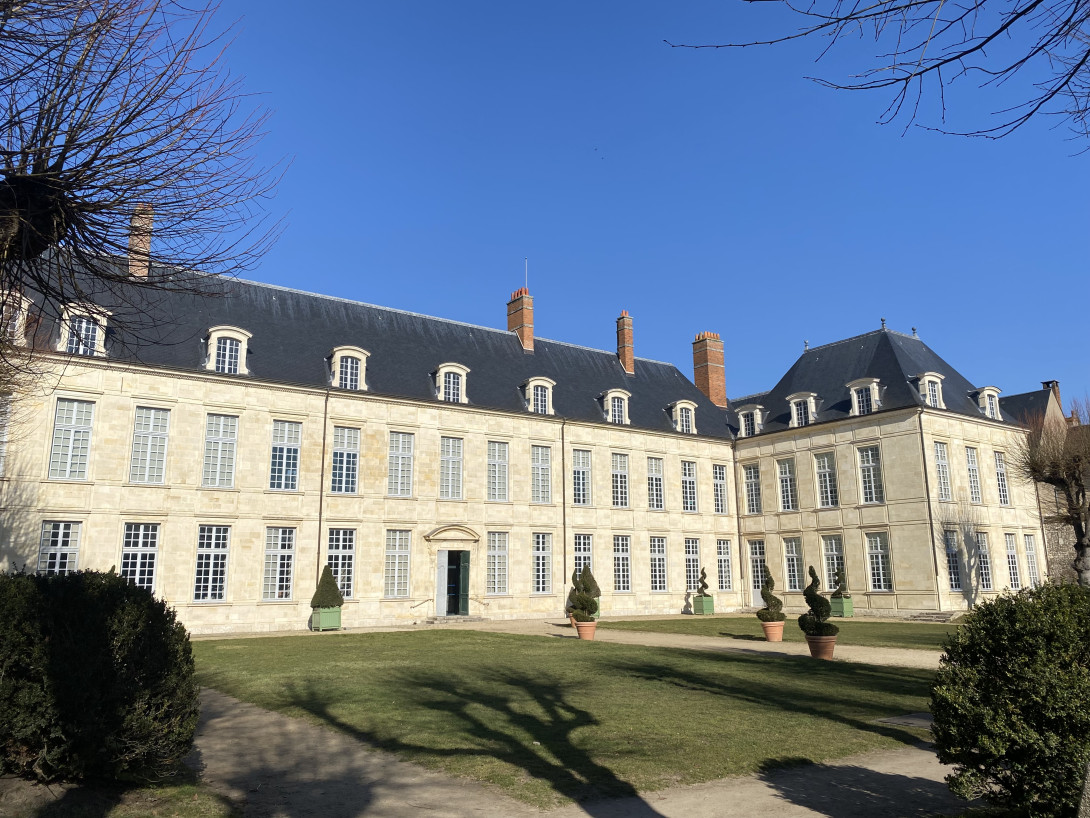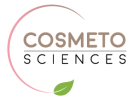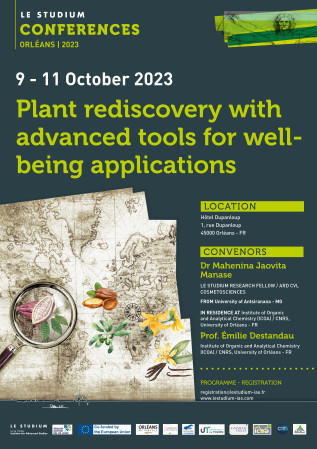Sandrine Mengue is currently a Senior lecturer of Psychophysiology at the University of Yaoundé 1 (Cameroon). She earned her Master of Animal Physiology at the same university, in 2011, and her Ph.D. in the same field with an emphasis on nervous impairment linked to postmenopause in 2016. Working with Prof. Paul Dzeufiet at the Laboratory of Physiology (168), in her thesis work, she pioneered the Suok test behavioral paradigm in ovariectomized rats for determining estrogen-like effects on brain disorders and evaluated estrogenic properties of Gouania longipetala on postmenopausal-related disorders.
After completing her Ph.D., Sandrine accepted a position in 2018 as an Assistant research officer, at the Department of Animal Production and Fisheries, Institute of Agricultural Research for Development, Yaoundé, where she worked for 2 years. During that time, she developed and used new instrumentation for performing high-yield fisheries and livestock by using plant or meal supplementation to reduce mortality. She is still working nowadays with her pass-collaborators. Last year, she focused in particular on the effects of plant meal supplementation on egg quality, semen characteristics, and some Stress Markers in Brahma Chicken (Gallus gallus domesticus). This year they, evaluated the effect of feeds on the histopathology of gills, skin, liver, and kidneys of Clarias gariepinus (Burchell, 1822) reared in plastic tanks.
In 2020, Sandrine accepted an Assistant position at the University of Yaoundé 1, where she has been since that time. While at Yaoundé 1, Sandrine is actually the coordinator of the Neurosciences axis at the Laboratory of Development and Maldevelopment at the Department of Psychology. She has continued her work in pharmacology, metabolic diseases, and neurosciences. With constantly improving analysis of behavioral paradigm evaluation with any Maze software, she continued to evaluate antioxidant, anti-inflammatory, estrogenic, neuroprotective, antimicrobial, and antifungal properties of plant extract in different models. This program has evolved its focus in recent years to menopause consequences due to pleiotropic activities of estrogens that induce vasomotor symptoms, microbiota imbalance, neuronal disorders, psychological disorders, skin dryness and itches, osteoporosis, and vaginal dryness among others. Besides, she recently established in a rat model that postmenopausal status exacerbates stress-related neurological disorders in rats.
Sandrine Mengue is affiliated with scientific societies like ALBA-Network, World Women in Neurosciences (WWN), and International Brain Organization (IBRO) and she is the vice regional representative of the Organization of Women in Science for Developing World Cameroon National Chapter, Centre Branch. Sandrine has 25 refereed publications in pharmacology, metabolic disease, and neurosciences.
Phytochemical Profiling, in Vitro Biological Activities and in Silico Molecular Docking Investigations of a Traditional Palliative of Menopausal Symptoms: Pterocarpus soyauxii Taub. (Papilionaceae)
Introduction: Menopause has clear consequences on the skin, such as a decrease in collagen and elasticity as well as an impact on common dermatoses. Herbal extracts are frequently included in cosmetic products because of a variety of related traits, such as their antioxidant properties. Pterocarpus soyauxii aqueous extract (PSAE) will be thoroughly investigated in this study to determine its phytocompounds, antioxidant, monoamine oxidase A (MOA A) inhibitor, anti-inflammatory, antibacterial, and antifungal potentials. Methods: Thus, colorimetric tests were used to assess the amounts of polyphenols, flavonoids, oxalates, phytates, saponins, and carotenoids in PSAE. Using its inhibitory effects on NADPH-Oxidase (NADPH-O) and lipid peroxidation, PSAE was subjected to an in vitro antioxidant study. Molecular docking calculations were used to identify the probable binding modalities of 7-O-acetyl formononetin, an isoflavone identified in PSAE to the MOA A and potential inhibitory mechanisms. Baicalin was compared to PSAE's in vitro alkaline phosphatase (ALP) activity, NO, 5-lipoxygenase (5-lox) inhibitions, and albumin denaturation. By calculating the Minimum Bactericidal/Fungicidal Concentrations (MBCs/MFCs) and Minimum Inhibitory Concentrations (MICs) against the bacteria E. coli and S. aureus and the fungus C. albicans, antimicrobial and antifungal properties of PSAE were evaluated. Results and discussion: The following compounds were shown to have significant concentrations per 100g of dry weight (DW) of polyphenols, flavonoids, tannins, saponins, phytates, oxalates, and carotenoids: 656.58±9.18 mg gallic acid equivalents, 201.25±5.52 mg quercetin equivalents, 18.42±1.25 mg, 6.37±0.14 mg, 5.24±0.92 mg, 7.35±0.52 mg, and 16.01±0.75 mg, respectively. Lipid peroxidation (IC50=684.27±8.47 µg/mL) and NADPH-O (IC50=524.25±12.54 µg/mL) inhibitions compared to ascorbic acid provided strong evidence of the PSAE's antioxidant activity. The 7-O-acetyl formononetin found in PSAE possesses the ability to cross the BBB and has a docking score of -9.69 kcal/mol. All residues on the MOA A's active site can react with this isoflavone. Furthermore, PSAE displayed significant and concentration-dependent suppression of albumin denaturation, 5-lox, and enhanced ALP activity of macrophages when compared to baicalin at different doses (0.1-1000 g/mL). The IC50 ranges of PSAE are slightly larger (25.74-85.71 g/mL) than the standard (12.26 -25.74 g/mL), suggesting moderate enzyme inhibition that may prevent negative side effects. Although the MICs for S. aureus and E. coli are respectively 0.00097 and 0.0019 mg/mL, the MBC values for the two species are the same at 0.0039 mg/mL. For C. albicans, the MFC and MCI are 0.0019 and 0.00097 mg/mL, respectively. Conclusion: This study suggests that the PSAE had constituents (i.e., polyphenols, flavonoids, oxalates, carotenoids) with biological activities that can justify its incorporation in cosmetics for menopausal-related skin disorders. It lends credence to the folklore claims of P. soyauxii heartwood and reveals its potential as a possible source of bioactive compounds for medicinal and pharmaceutical exploration.
